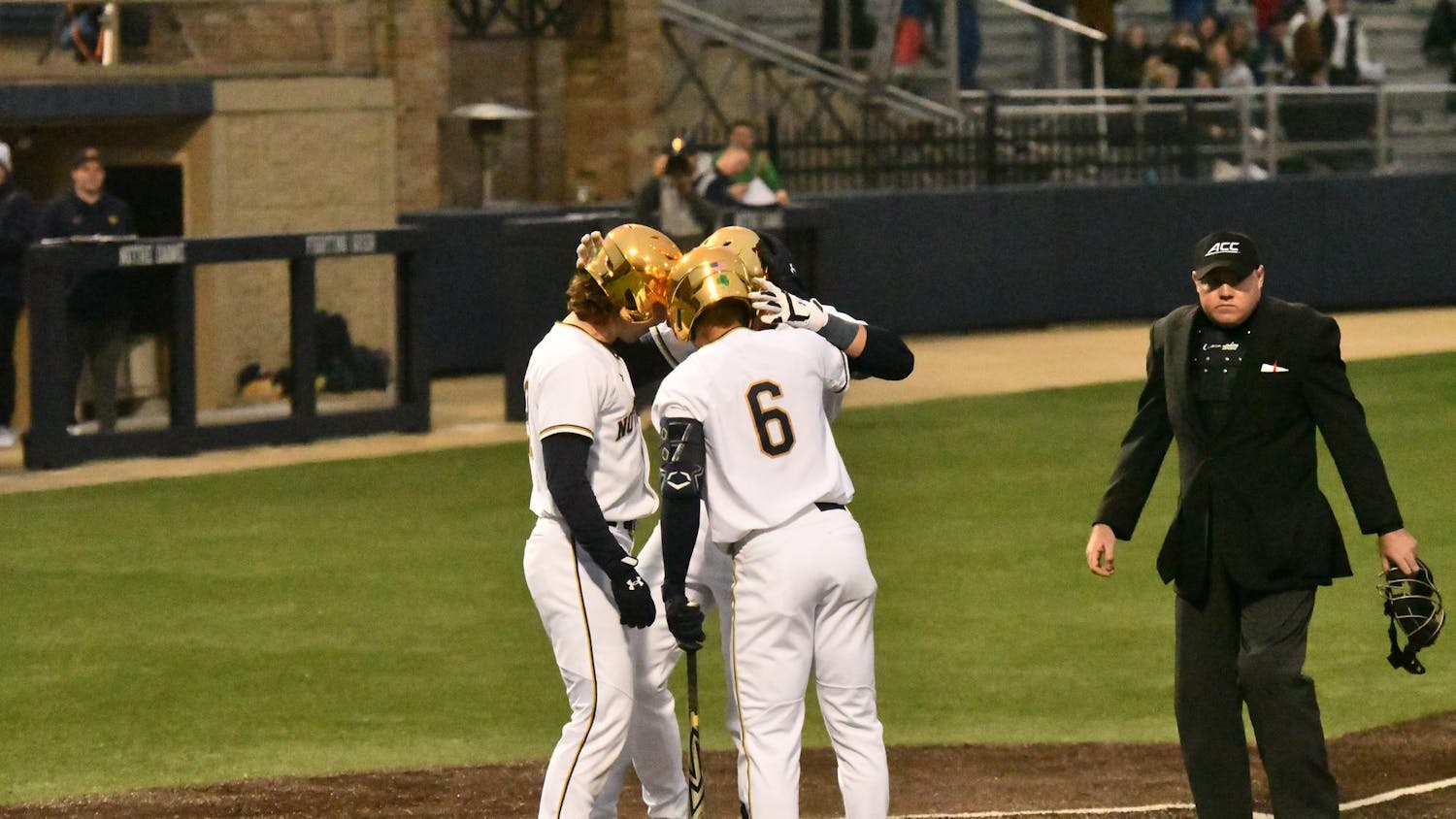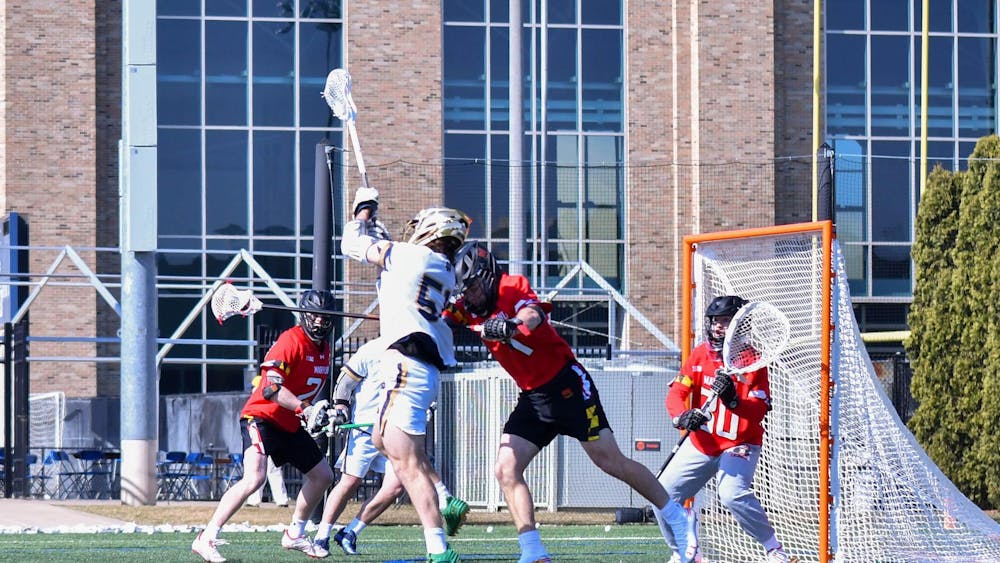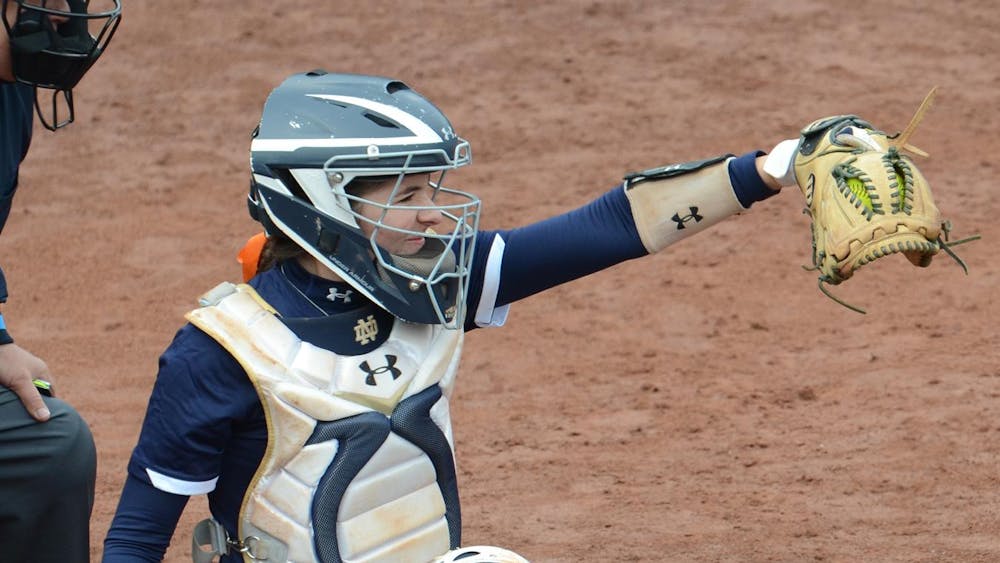The Chicago White Sox signed free agent shortstop Jimmy Rollins to a minor-league contract yesterday. This move made White Sox fans like me ask a question we have been asking this franchise for a while now: why?
With Rollins' signing, the Sox are most likely not going to attempt to sign free agent shortstop Ian Desmond, considered to be one of the best free agents still available.
Later in the day, free-agent outfielder Dexter Fowler signed with the Baltimore Orioles. There was talk that Fowler might sign with the Sox to become a part of their outfield, a position where they desperately need depth.
But no. The Sox signed a 37-year-old shortstop who is way past his prime to be a potential answer at shortstop while their outfield remains fragile.
This comes after the White Sox failed to sign free agent outfielders Yoenis Cespedes or Justin Upton. The Sox were expected to land at least one, and either player could have bolstered the Sox’s roster substantially from both an offensive and defensive standpoint. They didn’t sign either. Instead, they let Upton go to the division rival Tigers and Cespedes stay in New York, where he wasn’t expected to re-sign.
They also managed to somehow not fire manager Robin Ventura after last year’s disaster of a season, the third straight year the Sox have suffered a losing record under Ventura. The White Sox hired Ventura, a former Sox player with no previous managerial experience, back in 2011 and have limped to a 297-351 total record the past four years under him.
After this disastrous offseason, all White Sox fans can only ask why. Why is this franchise so content with mediocrity while the other baseball team in the city continues to make major strides to compete for a championship?
These questions should be directed to Jerry Reinsdorf.
After all, he is the owner of the team and holds the power to make all baseball decisions. He holds the same capacity with the Chicago Bulls, a team which recently drew criticism for being inactive at last week’s NBA trade deadline. Last summer, the Bulls fired head coach Tom Thibodeau and replaced him with former Bulls player Fred Hoiberg after a “lengthy” coaching search that lasted five days. The Bulls have struggled under Hoiberg, and the team is currently three games over .500 and clinging to a playoff spot. They have been criticized for their lack of discipline, urgency, and heart.
The direction these franchises have taken in the past couple of years have led fans of both teams to ask the questions, “Should Reinsdorf still be in charge? Does there need to be a change at the top for both organizations?”
It would be hard to argue against those ideas.
Don’t get me wrong, Reinsdorf is a legendary sports owner. He bought the White Sox in 1981 and the Bulls in 1985 and the two franchises have gone on to win a total of seven total league championships (six for the Bulls, one for the White Sox) under his control. Reinsdorf is credited with acquiring key figures in the Bulls’ legendary 90’s dynasty, like Horace Grant, Scottie Pippen, Dennis Rodman, Bill Cartwright, and hiring Phil Jackson to coach Michael Jordan and the rest of the team to six championships in an eight year span. He also helped build the 2005 Chicago White Sox team that won the World Series, the franchise’s first championship in 88 years.
But Reinsdorf has also been criticized for being a “cheapskate” and preventing his teams from winning more championships. He is considered the person who broke up the ‘90s Bulls dynasty. Reinsdorf was close friends with Bulls general manager Jerry Krause, who feuded with Bulls head coach Phil Jackson. Krause influenced Reinsdorf to fire Jackson in 1998, even though the Bulls looked poised to win another championship. The firing has been seen as the reason why Jordan retired a second time and why many important players left the team in the offseason. Reinsdorf is also considered to be one of the main reasons why the 1994 MLB season ended in a labor stoppage, due to his unwillingness to negotiate a new labor-agreement. The White Sox were in first-place in the division standings when the season was discontinued.
Reinsdorf is a legend in the Chicago sports world, but his best days are behind him. His recent actions (or non-actions) and his unwillingness to change can be seen as reasons why he might not have what it takes to be a professional sports owner anymore. Who knows, one of these days someone close to him might try to convince him to retire, hand the franchises over to one of his kids, or sell the teams altogether. Until then, Bulls and White Sox fans might be stuck watching a mediocre product year in and year out.













